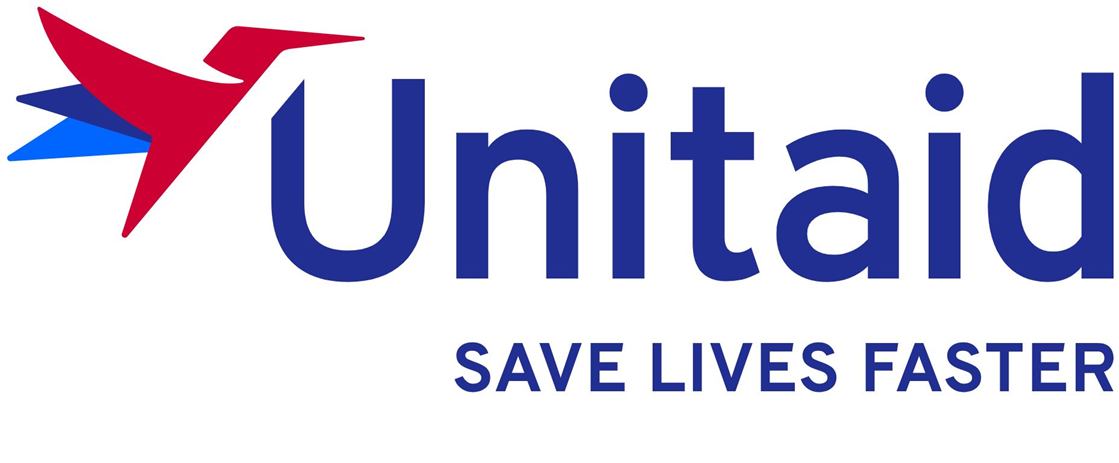Publication: Setting up pharmacovigilance based on available endTB Project data for bedaquiline
Active pharmacovigilance (PV) is recommended for TB programmes, notably for multidrug-resistant TB (MDR-TB) patients treated with new drugs. Launched with the support of UNITAID in April 2015, endTB (Expand New Drug markets for TB) facilitated treatment with bedaquiline (BDQ) and/or delamanid of >2600 patients in 17 countries, and contributed to the creation of a central PV unit (PVU).




